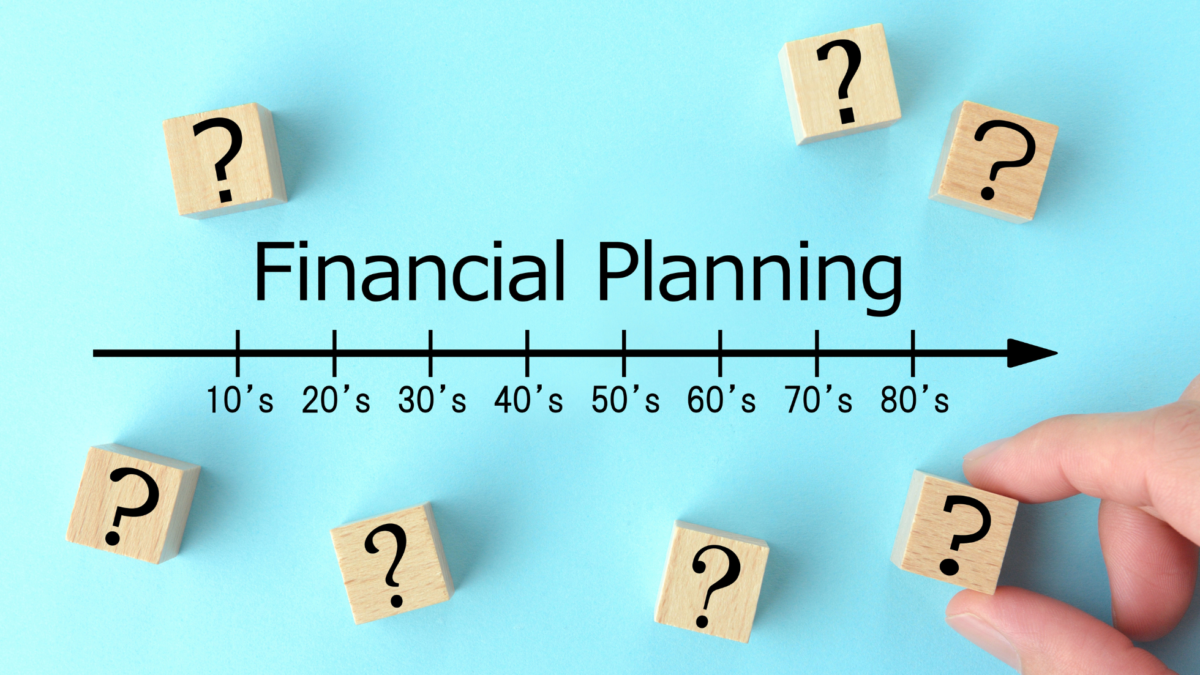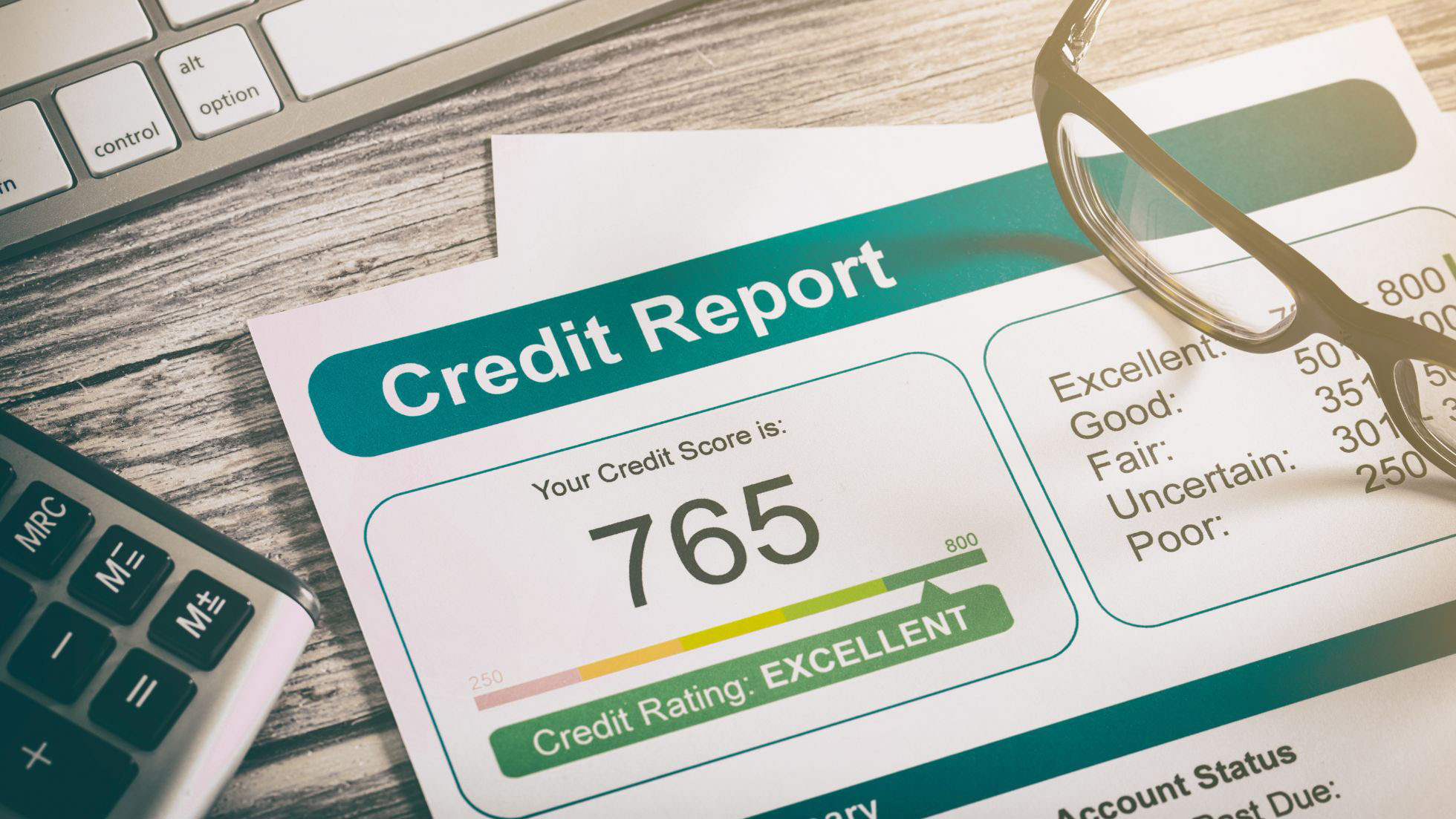
Financial planning and budgeting can transform your path to a debt-free future. Imagine categorizing your expenses and tracking your progress toward financial freedom, one step at a time. You’re not just paying bills; you’re creating a budget that helps you prioritize what matters most—whether it’s saving for retirement, repaying debt, or setting short- and long-term financial goals. Each dollar spent on rent, utilities, or credit cards becomes part of a structured plan that empowers you to live month-to-month without the stress of financial uncertainty. By understanding cash flow and knowing your fixed expenses, you’re shaping a financial situation that supports a brighter future. Financial planning is about building stability and growth through mindful management of income and expenses.
Understanding Financial Planning Basics
Financial planning is a proactive approach to managing your finances for both immediate debt relief and long-term stability. It’s the process of setting specific financial goals and making strategic decisions to reach them. At its core, financial planning and budgeting help establish clear priorities, such as debt reduction, savings, and building assets.
Analyzing Your Financial Picture
To get started, outline your current financial picture. Write down your monthly income, fixed expenses (like rent and utilities), and variable expenses. This analysis lets you see your cash flow and spending patterns clearly. By setting short- and long-term financial goals, you can map out a path that’s achievable and meaningful. Tracking your progress monthly gives you a sense of accomplishment and helps you adjust as needed.
Building a Financial Foundation
With each payment you make toward debt or savings, you’re not only improving your financial situation but also securing a more stable and stress-free future. Financial planning is more than just balancing a budget; it’s about taking control of your resources. This empowers you to make smarter decisions, reducing reliance on credit and setting a solid foundation for financial independence.
Key Budgeting Principles for Debt Management
Budgeting is the cornerstone of financial planning, especially when tackling debt. Creating a budget helps you understand how much money is coming in, where it’s going, and how to direct it toward essential priorities.
Categorizing Expenses for Control
To start, categorize your expenses. Separate fixed costs like rent, utilities, and loan payments from flexible costs like dining out, hobbies, or other discretionary spending. An effective budget focuses on balancing income with debt repayment and savings goals. Many find that a straightforward budgeting rule, like the 50/30/20 method (allocating 50% of income to essentials, 30% to discretionary spending, and 20% to debt and savings), provides a strong framework.
Tracking Your Spending
Tracking your spending allows you to see where adjustments may be needed to ensure debt repayment remains a priority. As you categorize your expenses and track your progress each month, you’ll gain confidence in managing your money. This proactive approach strengthens positive financial habits, making it easier to stick to your goals and reach debt freedom faster. By establishing a budget that suits your financial situation, you lay the groundwork for a lifetime of stability and independence.
Creating a Personalized Debt Repayment Plan

A debt repayment plan tailored to your financial situation is essential for achieving independence. Start by assessing all outstanding debts, noting balances, interest rates, and monthly payments. This information allows you to create a clear overview of your debt load, identifying which accounts to tackle first.
Choosing a Debt Repayment Strategy
Consider using repayment strategies like the debt snowball or debt avalanche. With the debt snowball, you focus on paying off smaller debts first, which provides quick wins and motivation to continue. The debt avalanche, on the other hand, targets high-interest debts first, saving money on interest payments over time. Choose the approach that aligns best with your needs and will keep you motivated.
Tracking and Celebrating Progress
A structured plan also means consistently tracking your progress. Each month, monitor your payments and celebrate small victories as you chip away at your balances. This regular tracking reinforces your commitment to debt reduction and financial freedom. By staying organized and persistent, you’ll gradually reduce your debt burden, creating a more stable future for yourself and your family.
Tools and Resources for Financial Planning and Budgeting
Using the right tools can make financial planning and budgeting much easier. From budgeting apps to debt calculators, there’s a range of resources to help simplify the process.
Using Apps for Tracking and Budgeting
Apps like Mint, YNAB (You Need a Budget), or EveryDollar allow you to connect your bank accounts, categorize your expenses, and gain real-time insights into your spending and cash flow. Debt calculators are also useful for planning, as they let you input balances, interest rates, and desired payoff timelines, offering a clear view of what’s needed to reach your goals.
Consulting with Financial Advisors
For long-term strategies, consider consulting an investment adviser. An adviser can help create a personalized plan that includes retirement savings, investments, and other wealth-building options. These resources make it easier to stay organized and on track, helping you achieve financial freedom in a way that’s both structured and attainable.
Long-Term Benefits of Financial Planning and Budgeting
Effective financial planning and budgeting go beyond debt management—they build the foundation for a stable and sustainable financial future.
Building Financial Confidence
By regularly monitoring your income and expenses, you develop a strong understanding of your cash flow. This reduces financial stress, as you gain control over your finances and build a cushion of savings for future goals like buying a home, securing retirement, or funding education.
Preparing for Future Goals
As you continue to plan and budget, you’ll notice an increase in your financial confidence. When unexpected expenses arise, you’re prepared, having anticipated and saved for these possibilities. This resilience strengthens your overall financial health, allowing you to pursue opportunities or face challenges with less anxiety.
Let Prudent Financial Solutions Guide You
Imagine the peace of mind that comes with knowing your finances are under control and your path to financial freedom is clear. With the right financial planning and budgeting strategies, you can confidently manage debt and move toward a secure future. Prudent Financial Solutions is here to support you every step of the way, offering personalized guidance, tools, and expertise to help you achieve lasting financial relief. Our team can help you create a tailored plan that simplifies your financial journey and empowers you to reach your goals. Whether you’re just starting or need help adjusting your current plan, Prudent Financial Solutions provides the knowledge and support you need to achieve a brighter financial future.











